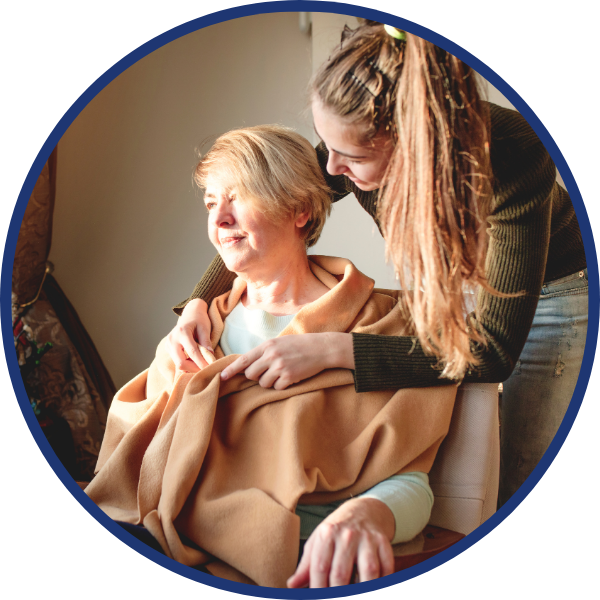Chicagoland Contracting Experts Near You
- Service Area
- Customer Reviews
- Special Offers
(925) 515-6824
When a loved one is facing a life-limiting illness, the priority shifts from cure to comfort. At Errand Runners Unlimited, we provide non-medical support services that work alongside hospice and palliative care teams — easing the burden on families and ensuring your loved one receives consistent, compassionate attention at home.
Caring for a loved one during hospice or end-of-life care is emotionally overwhelming—and often physically exhausting. Our team provides gentle, non-medical support for bedbound individuals, including personal care, repositioning, incontinence care, light housekeeping, laundry, companionship, and assistance with daily routines. These services allow families to focus on what truly matters: spending meaningful time together. In these sacred moments, comfort, dignity, and presence are everything—and we’re here to help make that possible.






While often mentioned together, hospice care and palliative care serve different, though related, roles in serious illness. Palliative care can begin at any stage of a serious illness and may be provided alongside curative treatments. It focuses on improving quality of life by managing symptoms like pain, fatigue, or emotional stress. It is not limited to end-of-life care and can continue for months or even years.
Hospice care, on the other hand, is typically introduced when curative treatments have stopped and the focus shifts entirely to comfort in the final stages of life. Hospice usually begins when a doctor determines a life expectancy of six months or less. While both forms of care focus on relief, comfort, and dignity, hospice is more closely aligned with end-of-life support. At Errand Runners Unlimited, we offer non-medical services for both — providing a stable presence, practical help, and emotional support during some of life’s most difficult transitions.
During hospice or palliative care, many families feel stretched thin — juggling emotional weight, logistics, and time. Our role is to provide quiet, dependable support that lightens your load without disrupting the rhythm of your loved one’s care. We coordinate with family and care teams to ensure our presence is helpful, unobtrusive, and fully in sync with the individual’s comfort and wishes.
We proudly serve East Bay families in Lafayette, Walnut Creek, Concord, Danville, Pleasant Hill, and nearby communities. Our caregivers are hand-selected for their compassion, patience, and gentle presence—qualities that matter most when every moment counts. We work closely with trusted hospice and palliative care providers in the area to ensure your loved one’s care is seamless, supportive, and centered on comfort. You don’t have to carry this alone. In this tender chapter, we’re here to walk beside you—with quiet strength, deep respect, and care that honors the dignity of every moment shared.

We proudly serve families and individuals across the East Bay, delivering trusted in-home care, errand running, and everyday support with heart.
Our service area includes:
Simply complete our short form below or call us and a representative will contact you shortly to schedule estimate. Your satisfaction is our main priority.